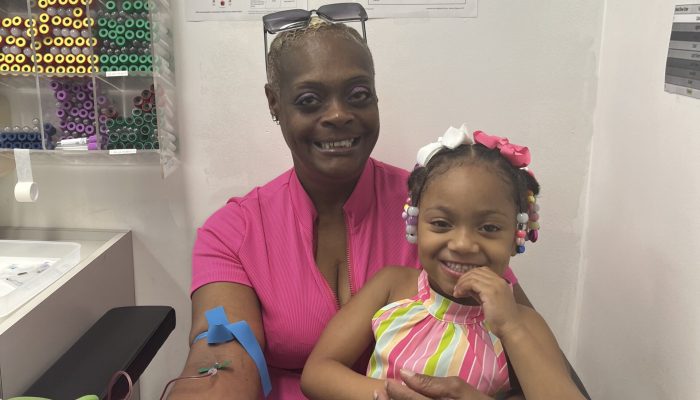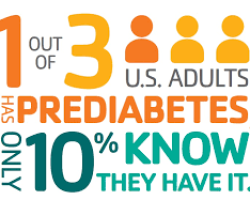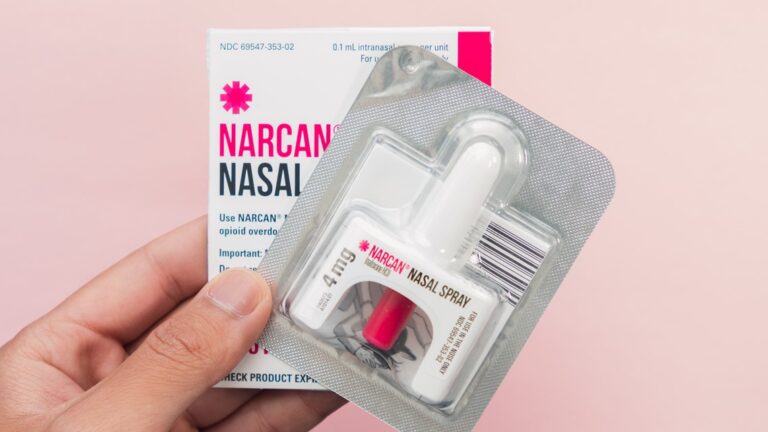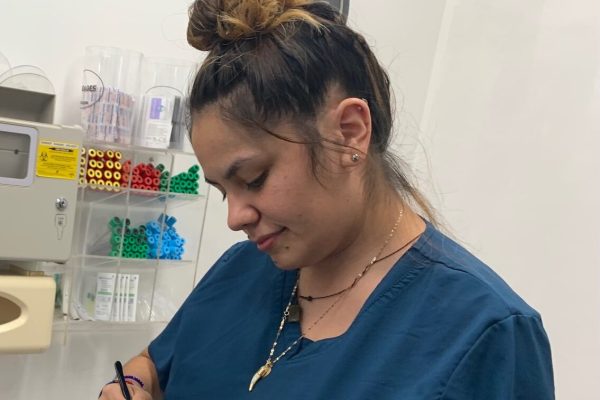wELCOME to
Meridian
Community Health Foundation
PRograms

You may be eligible for a sliding fee discount on participating services, even if you have insurance.

DIABETES PREVENTION For Pre-Diabetics
Having pre-diabetes means your blood glucose (sugar) levels are higher than normal—but not high enough to be diagnosed as diabetes. Pre-diabetes can lead to heart disease, stroke, and type 2 diabetes, the most common form of diabetes.

OVERDOSE RESPONSE PROGRAM
Meridian Community Health Foundation offers Overdose Response Education. You can get training and a free naloxone container to administer in the event of a suspected overdose.
EXPERIENTIAL LEARNING

Targeted Learner: High School Students in 11th and 12 graders interested in a career in healthcare. Must have a minimum of GPA of 2.7. Students can use this program to complete their required service hours.

Targeted Learner: Master’s Level Physician Asssistant / Nurse Practitioner student in the clinical phase at their institution with an interest in entrepreneurship in medicine or healthcare administration.

Targeted Learner: Medical Assistants in the clinical externship phase of their Medical Assistant training at their institution. Must be recommended by their professor.

